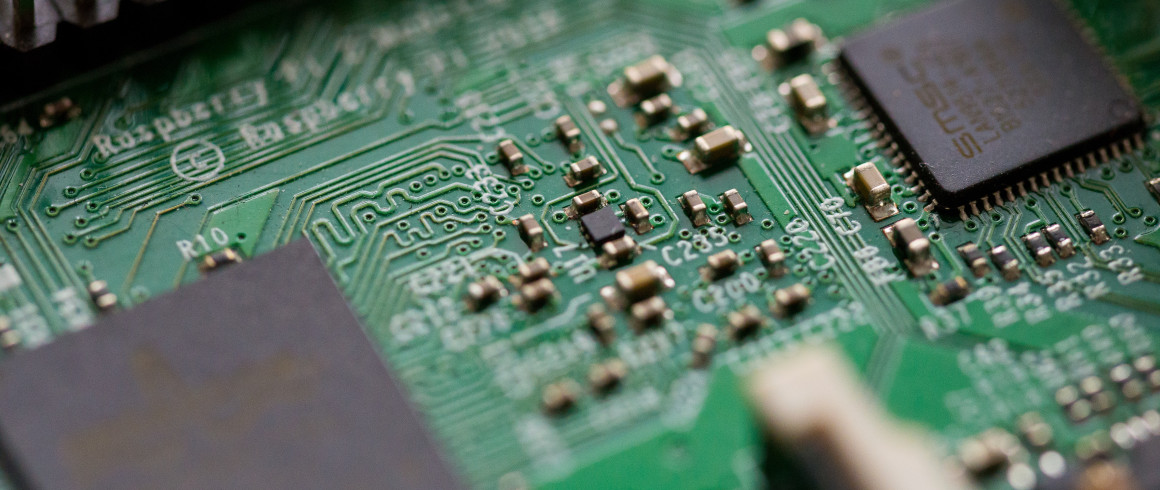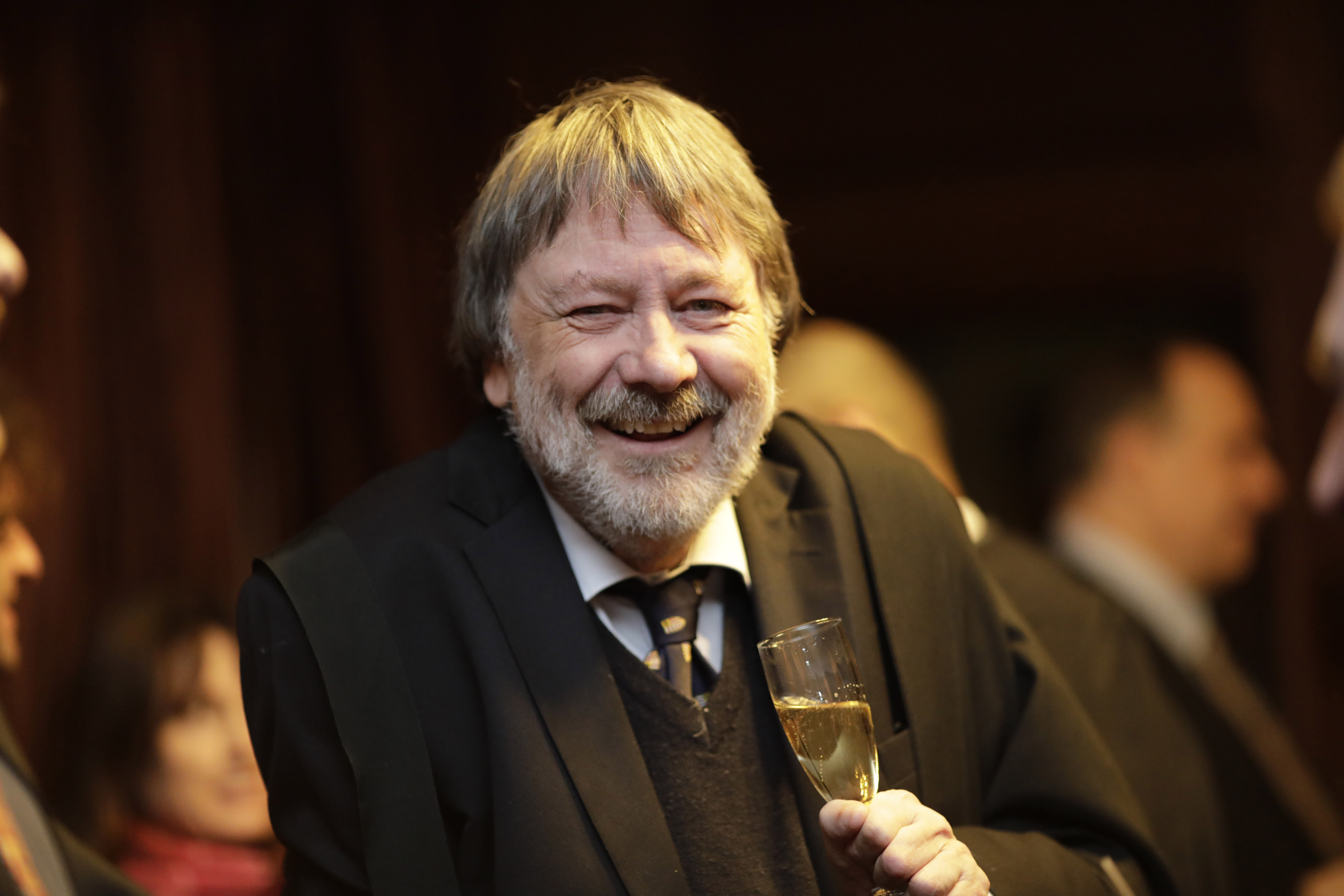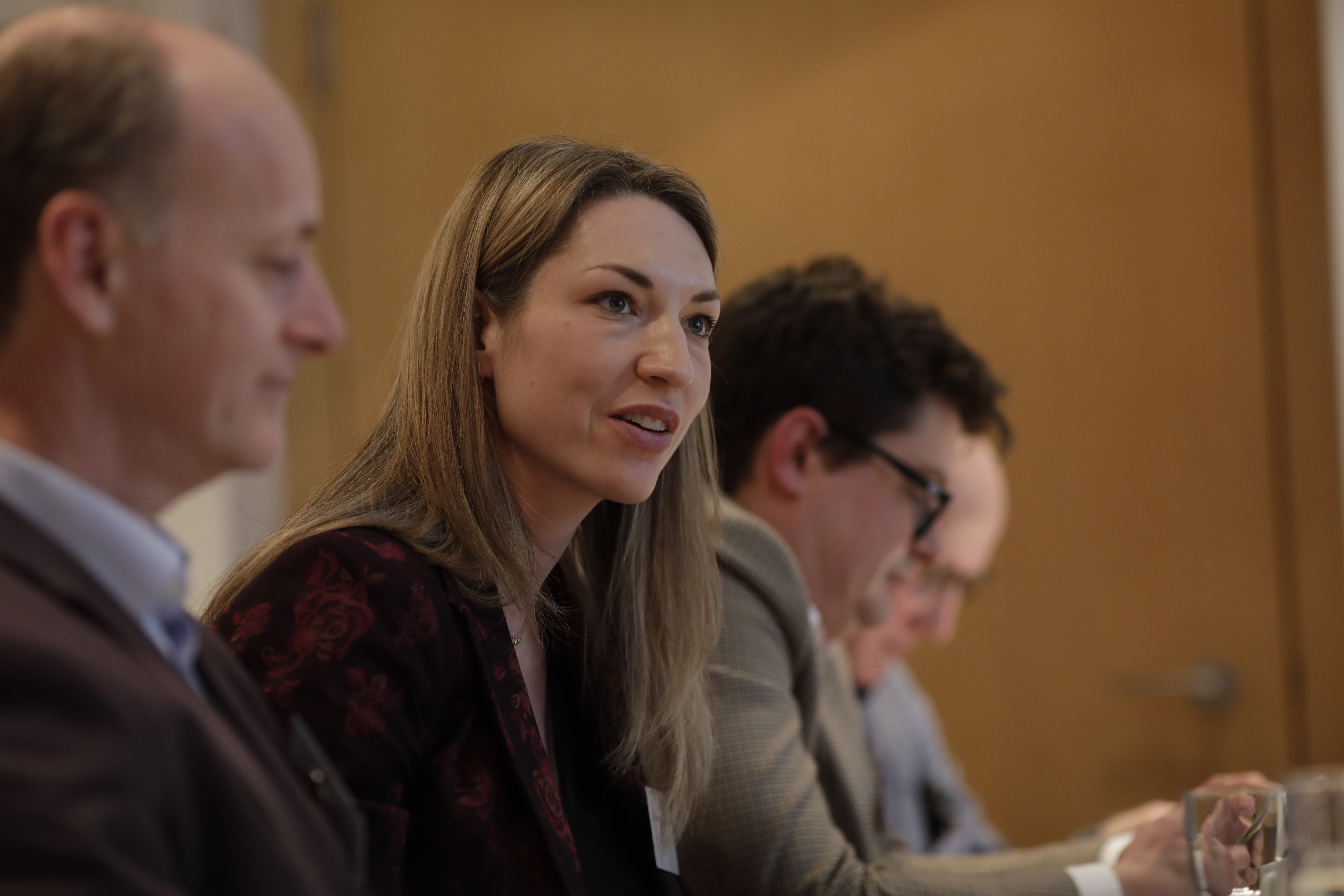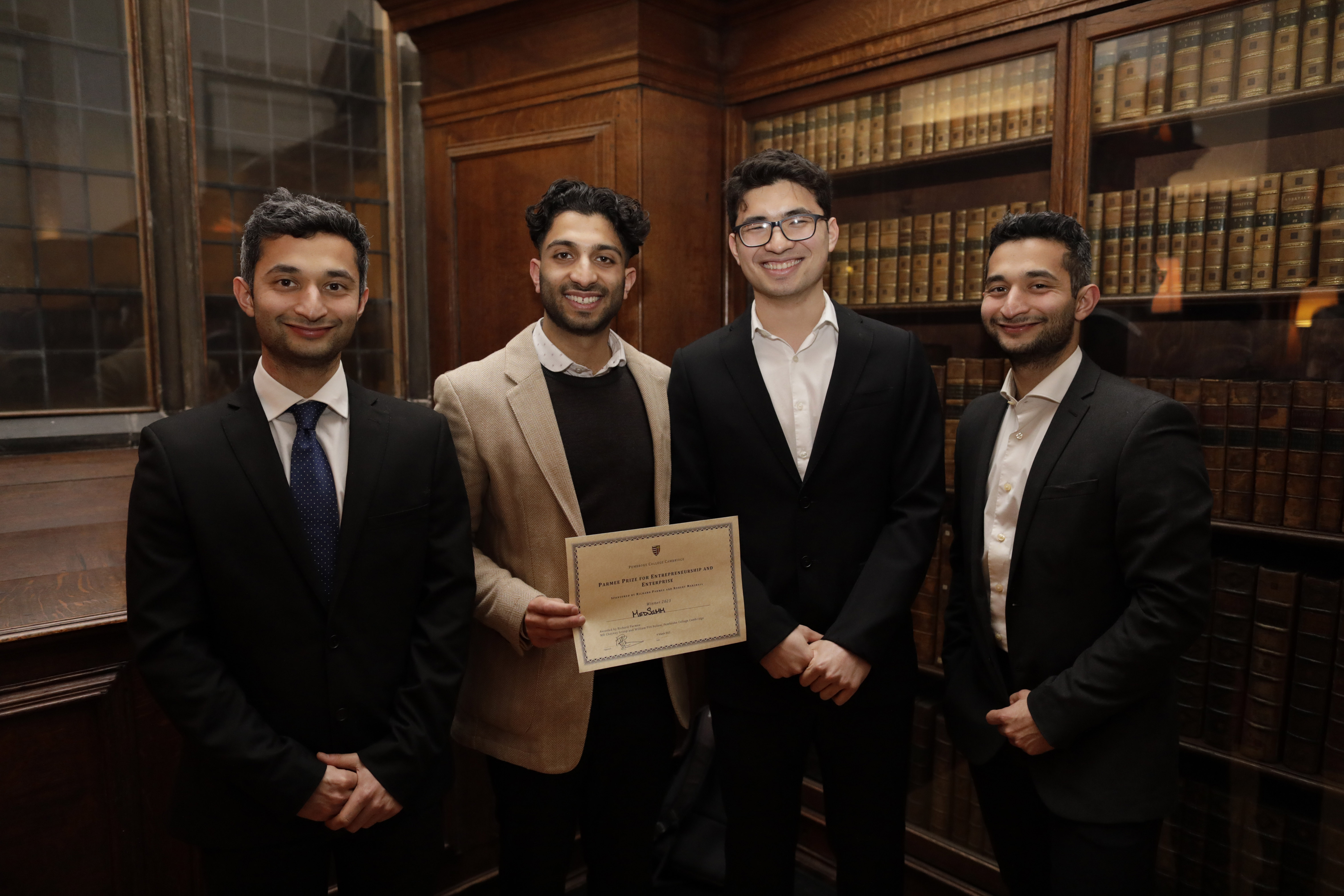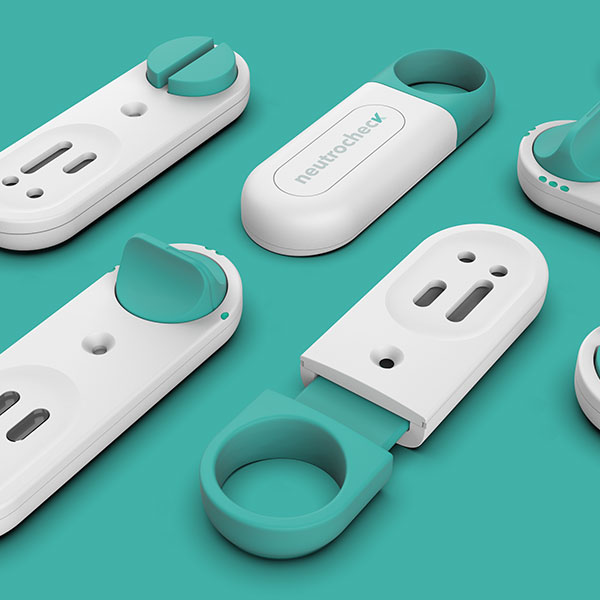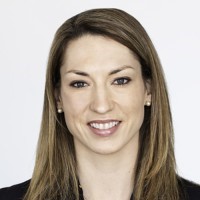June 2023 - Dr Samantha Deacon (2004), Programme Manager of the Impulse Programme
Dr Samantha Deacon (2004) says that encouraging academia-industry collaboration, out-licensing of intellectual property and spin-out companies will ensure that transformative ideas have an impact outside academia.
For our June blog Samantha Deacon, Parmee Prize panelist and Programme Manager of the impulse Programme, talks about how revolutionary research in Medicine can be developed for the real-world, and the role of entrepreneurs in this process.
Out of Academia and into the Public Sphere
In his introduction to this year’s Corporate Partnership Programme’s Blog Series “The Future of Health”, the Master observed that “No one person, organisation or government can secure a positive future for the health of all – but through the distribution of information and the sharing of ideas we can each make a difference…” How, though, can we make the biggest difference, most quickly, to improve the future of health?
The university ecosystem is a precious source of cutting-edge ideas to transform the prevention, diagnosis, treatment and understanding of disease and other quality-of-life limiting issues. How can these ideas be nurtured, enabling them to grow into real-world solutions that can help the current generation, as well as those to come? Industry-academia collaboration is one way: enabling established companies to access and develop new technologies together with academic partners, to bring these technologies to market. Additionally, licensing of intellectual property has long been the lifeblood of university technology transfer offices. Perhaps the most challenging route, however, is the entrepreneurial journey of a spin-out company – although it is often this route that can create the most transformative solutions for global health.
Since 2007, Pembroke has nurtured the entrepreneurial spirit of its members and their collaborators through the Parmee Prize for Entrepreneurship and Enterprise. The prize was founded by Dr Richard Parmee (1970), a successful entrepreneur and mentor to numerous start-up companies, and is co-sponsored by Robert Marshall. Each year the winner receives mentoring from the prize sponsors and judging panel, as well as a small prize, generally used by the team to get closer to proof-of-concept or minimum-viable-product stage.
"Perhaps the most challenging route, however, is the entrepreneurial journey of a spin-out company – although it is often this route that can create the most transformative solutions for global health."
As a judge on the Parmee Prize panel for the last few years, I have had the pleasure of meeting finalists who have the potential to significantly impact the future of health. This year’s winner of the prize, the team behind MedSumm, use machine learning to draft discharge summaries for review by the discharge medical team. This technology produces both faster and more accurate summaries, helping to address the critical issue of bed shortages in the health system.
The MedSumm team were also finalists in the 2022 Parmee Prize with their previous spin-out, MediPredict, a machine learning solution to forecast demand for emergency surgery theatre space. Although not winners in 2022, like all successful entrepreneurs they were undeterred – and went on to win both the Downing Enterprise Competition as well as a Science and Technology Facilities Council grant, continuing now to make rapid progress towards bringing their solution into the NHS.
MedSumm and MediPredict, as well as so many of the technology-enabled health ventures today, strive for step-changes in both efficiency and accuracy. Improving both reduces the demands on our health systems, improves the working conditions for our health care providers, and creates positive outcomes for patients.
Parmee prize finalists from earlier years have also achieved remarkable success: a finalist from 2018, 52North Health, has just won MedTech Company of the Year in the 2023 Cambridge Independent Science and Technology Awards. The company’s Neutrocheck® solution is a low-cost finger prick blood test and digital platform that provides a rapid and reliable result at-home, helping doctors to identify patients at risk of neutropenic sepsis, the most fatal side-effect of chemotherapy treatment. 52North are advancing Neutrocheck® towards clinical trials by collaborating with over 100 patients, doctors, and nurses. This venture is an example of bringing innovative technologies into people’s homes –empowering patients and potentially improving outcomes dramatically.
So how, indeed, can the academic community make the biggest difference, most quickly, to improve the future of health? Through maximising the opportunities that our colleagues have to bring their innovative solutions into the real world – whether this is through academia-industry collaborations, out-licensing of intellectual property or spin-out companies. Each route has different risks, upsides, and timelines, but all ensure that potentially transformative ideas are not retained solely within academia.
It has been a pleasure working with Dr Richard Parmee, my fellow judges, and Pembroke to nurture this entrepreneurial spirit within our own community, to hopefully make a difference to the future of health across the world.
Dr Samantha Deacon is the Programme Manager for the impulse programme, at the Maxwell Centre at the University of Cambridge. The impulse programme serves as a catalyst for individuals and companies to develop their high-potential technology innovations into commercial propositions. Prior to impulse, Samantha spent more than a decade in law as a solicitor, most recently as a senior Associate in Goodwin’s Technology and Life Sciences group and at Taylor Wessing previously. Her practice focused on advising tech and life sciences companies on development and commercialisation of intellectual property rights, particularly via licensing and collaboration agreements. Before her career in law, Samantha obtained a PhD and an MPhil in Materials Science from Cambridge University and an undergraduate degree in Materials Science and Engineering from MIT.
